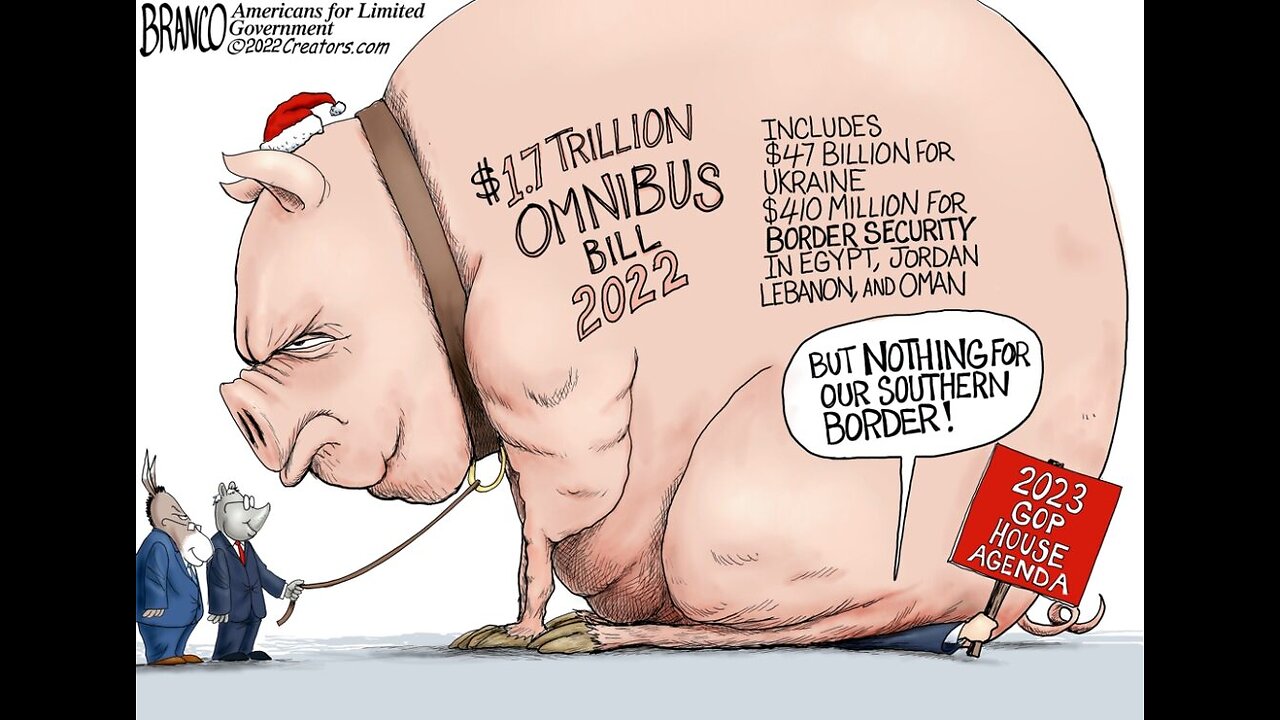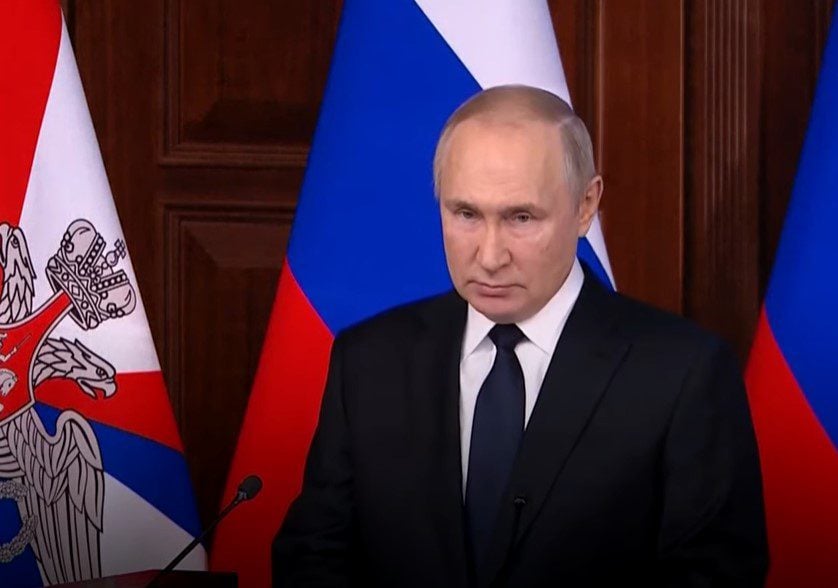China will most likely succeed.
First, yes, Russia’s military has been exposed as shambolic at best, especially when used offensively.
Plus, it appears that Putin will not surrender until his military is decimated.
And on top of that, their materiel losses are horrific, and Russia is going to lack the manufacturing capability to re-arm.
But I think that all of that is secondary. I think there is little chance that China will invade. Not because the couldn’t, but because there is no reason to.
See, China is thinking in 100 year increments. And over the next 100 years, there is two things they need in order to ensure growth:
Access to raw materials
Access to markets
For both of these, Siberia (the part of Russia east of the Urals) is critical. Take a look at this map:
Now, what’s interesting about Russia is that the distribution of the population is not uniform. Here’s another very interesting map:
The largest parts of Russia, in the east, are (1) very lightly populated, (2) further from Moscow than Seattle is from Boston, and (3) very very close to China.
Now, last but least, running right up the middle of Russia is a large mountain range, the Ural Mountains.
Like the Rocky Mountains in North America, these have only a few passes through:
But wait! There’s more. There’s actually an incredible difference in the population of Russia and China.
Russia has an aging population, with a dearth of young men (not helped by the fact that the men are being wounded and killed in Ukraine).
China, on the other hand, has a surplus of young, well educated men. Well, a surplus compared to the number of women.
China still has population problems, stemming from the One Child policy. But they have less of a problem than Russia.
Last but not least: China has already told us what their long-term ambition is: The Belt and Road Initiative,
connecting a growing China to European and African markets (Belt and Road Initiative - Wikipedia):
Notice where this runs: Right through Russia. That does not work to well when it’s a war zone.
So, what are my predictions?
First, predicating all of this, Russia’s internal civil aviation industry will collapse this calendar year (2022). With that, all Russian territory east of the Urals
(I’ll call it “Siberia” from now on as shorthand) will become very very very difficult to access for most Russians west of the Urals.
I expect that over the next two to five years, Siberian business interests will increasingly align with China, particularly for access to capital, management expertise, and equipment.
The Russian state will be essentially powerless to stop this.
At the same time, there will be a wave of young, educated, single men deployed by China into Siberia to work on these projects
(Many of whom cannot find wives due to the One Child policy). I would expect that the Siberian women will overwhelmingly choose these new immigrants as mates,
and within 20 years or so we will see a de facto Sinoization of Siberia, making it a province of Beijing in all but name.
With nothing to fear from Moscow, the flow of both formal (tax) and informal (corruption) money from Siberia to Moscow will dry up.
As for the European Russia west of the Urals, I expect a much much worse outcome.
The war in Ukraine will inevitably end with the death of Putin, which will accelerate the economic collapse of Russia.
The lack of Western expertise and equipment will first lead to the collapse of the domestic aviation industry,
but that will be followed by the collapse of other infrastructure (electricity, water, rail, internet). Why? Because that infrastructure is dependent on Western equipment and parts.
By this time next year (winter/spring 2023) I expect that we will be seeing mass starvation in European Russia.
I’d expect that this is when China will step in, and in return for long-term security guarantees for the Belt and Road initiative, will “help” Russia recover.
Again, the long-term plan will be to turn European Russia into a Chinese asset, however unlike Siberia the focus here will probably be in advanced industrial production (military, software, aviation).
Due to the xenophobia of European Russia, this will probably be accomplished by installing a Beijing-friendly government, but with a Russian nominally in charge.
I’d expect to see it headed up by a younger, media-savvy oligarch. This will also allow China to assume de facto control over the Russian nuclear arsenal —
and it will do this not to threaten the West, but to remove the threat to China from another Putinesque adventure facing eastwards.
In all cases, Russia is reduced to a vassal state of China.
China will most likely succeed.
First, yes, Russia’s military has been exposed as shambolic at best, especially when used offensively.
Plus, it appears that Putin will not surrender until his military is decimated.
And on top of that, their materiel losses are horrific, and Russia is going to lack the manufacturing capability to re-arm.
But I think that all of that is secondary. I think there is little chance that China will invade. Not because the couldn’t, but because there is no reason to.
See, China is thinking in 100 year increments. And over the next 100 years, there is two things they need in order to ensure growth:
Access to raw materials
Access to markets
For both of these, Siberia (the part of Russia east of the Urals) is critical. Take a look at this map:
Now, what’s interesting about Russia is that the distribution of the population is not uniform. Here’s another very interesting map:
The largest parts of Russia, in the east, are (1) very lightly populated, (2) further from Moscow than Seattle is from Boston, and (3) very very close to China.
Now, last but least, running right up the middle of Russia is a large mountain range, the Ural Mountains.
Like the Rocky Mountains in North America, these have only a few passes through:
But wait! There’s more. There’s actually an incredible difference in the population of Russia and China.
Russia has an aging population, with a dearth of young men (not helped by the fact that the men are being wounded and killed in Ukraine).
China, on the other hand, has a surplus of young, well educated men. Well, a surplus compared to the number of women.
China still has population problems, stemming from the One Child policy. But they have less of a problem than Russia.
Last but not least: China has already told us what their long-term ambition is: The Belt and Road Initiative,
connecting a growing China to European and African markets (Belt and Road Initiative - Wikipedia):
Notice where this runs: Right through Russia. That does not work to well when it’s a war zone.
So, what are my predictions?
First, predicating all of this, Russia’s internal civil aviation industry will collapse this calendar year (2022). With that, all Russian territory east of the Urals
(I’ll call it “Siberia” from now on as shorthand) will become very very very difficult to access for most Russians west of the Urals.
I expect that over the next two to five years, Siberian business interests will increasingly align with China, particularly for access to capital, management expertise, and equipment.
The Russian state will be essentially powerless to stop this.
At the same time, there will be a wave of young, educated, single men deployed by China into Siberia to work on these projects
(Many of whom cannot find wives due to the One Child policy). I would expect that the Siberian women will overwhelmingly choose these new immigrants as mates,
and within 20 years or so we will see a de facto Sinoization of Siberia, making it a province of Beijing in all but name.
With nothing to fear from Moscow, the flow of both formal (tax) and informal (corruption) money from Siberia to Moscow will dry up.
As for the European Russia west of the Urals, I expect a much much worse outcome.
The war in Ukraine will inevitably end with the death of Putin, which will accelerate the economic collapse of Russia.
The lack of Western expertise and equipment will first lead to the collapse of the domestic aviation industry,
but that will be followed by the collapse of other infrastructure (electricity, water, rail, internet). Why? Because that infrastructure is dependent on Western equipment and parts.
By this time next year (winter/spring 2023) I expect that we will be seeing mass starvation in European Russia.
I’d expect that this is when China will step in, and in return for long-term security guarantees for the Belt and Road initiative, will “help” Russia recover.
Again, the long-term plan will be to turn European Russia into a Chinese asset, however unlike Siberia the focus here will probably be in advanced industrial production (military, software, aviation).
Due to the xenophobia of European Russia, this will probably be accomplished by installing a Beijing-friendly government, but with a Russian nominally in charge.
I’d expect to see it headed up by a younger, media-savvy oligarch. This will also allow China to assume de facto control over the Russian nuclear arsenal —
and it will do this not to threaten the West, but to remove the threat to China from another Putinesque adventure facing eastwards.
In all cases, Russia is reduced to a vassal state of China.










